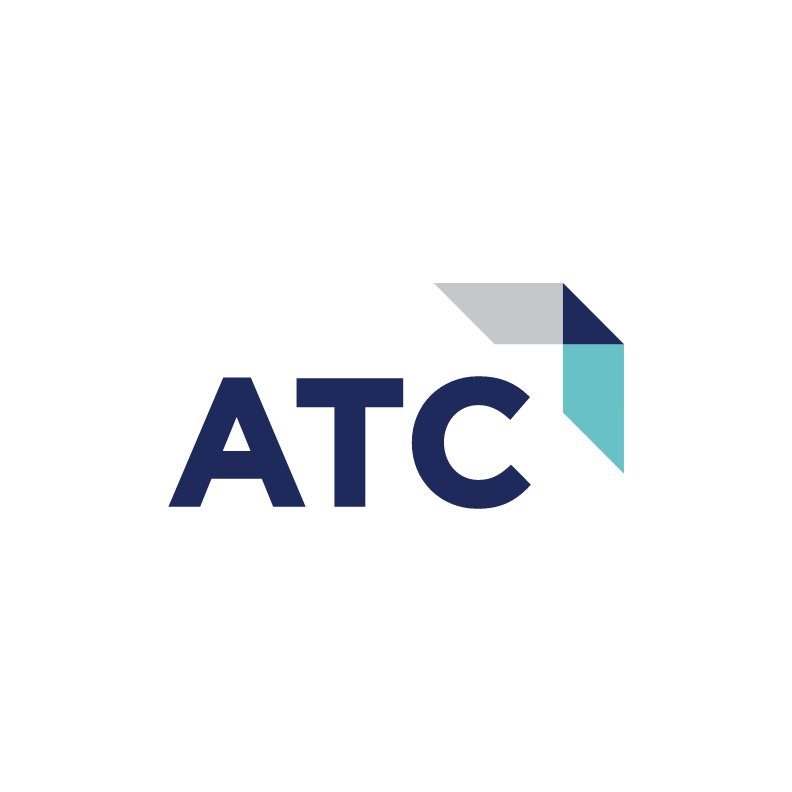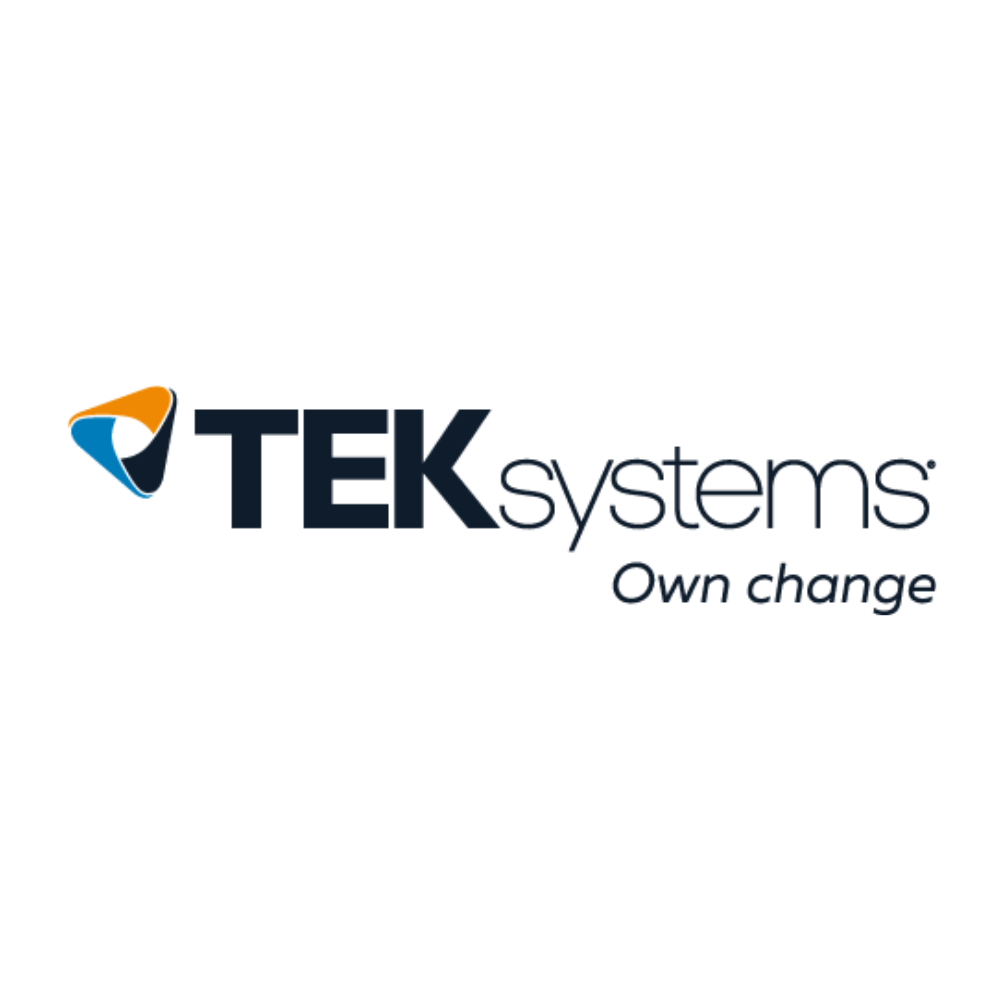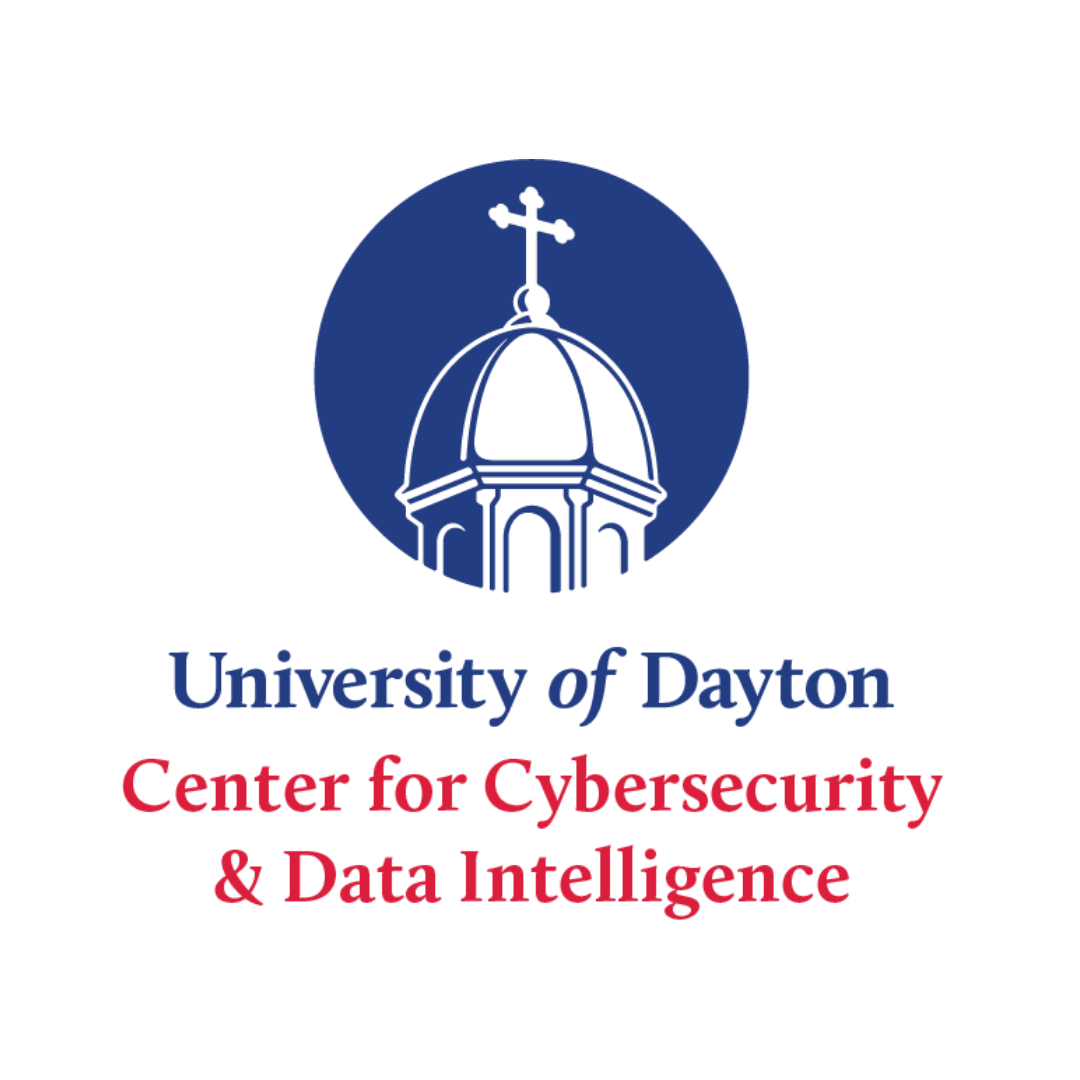
Finding qualified tech talent, especially at the junior level, can be a tough task. Employers are often spammed with resumes from candidates, and it can be difficult to filter through resumes and determine which applicants actually know their stuff. Talent teams are already spending countless hours trying to narrow down the applicant pool for higher level positions, and these entry level roles can add undue stress.
What’s a hiring manager to do?
Establishing a pipeline of junior level talent by creating a community of mentorship is not only financially beneficial for companies, but provides a more qualified, and often diverse, talent pool for years to come. The creation of a mentorship program also challenges development teams to make clear processes for onboarding new hires, which can help explain the work in a more concise, consistent way for employees across all levels. This results in new hires who are onboarded more quickly and efficiently, and who can begin making an impact much sooner.
How Can this Pipeline be Established?
For example, Code:Youprovides free training to adults aiming to transition into tech-related careers, and an integral piece of the program are the volunteer mentors who help students navigate their learning journeys. Qualified professionals who are already in the tech field work with students to help with troubleshooting, knowledge checks, and learning what it’s like to actually work in the tech field. Mentors get to watch their students succeed and build lasting relationships with them. This set-up has allowed for a life cycle of giving back, with former students coming back to mentor the program once they are more established in the industry.
Companies can intentionally structure their own development teams around mentoring by creating internal pipelines. Senior devs can mentor mid and junior folks, while mid-level employees looking to flex their leadership skills can mentor juniors or interns. By structuring their code, deployment process, and documentation around mentoring, companies can come up with processes that are easy to learn and explain for folks at all levels. This leads to clean code and well documented projects that anyone can contribute to, but requires a team buy-in to build out successfully.
Get First Pick of Talent
For example, at Code:You, mentors work with the same group of students for up to 20 weeks, allowing them to get to know their work ethics, skills, and unique backgrounds and interests. This relationship gives mentors the ability to pinpoint students who not only know their stuff on a technical level, but whose background and transferable skills would be a good fit for their company. Instead of sifting through a pile of faceless resumes, they have a pool of qualified talent at their fingertips, saving both time and money in their hiring process. Companies can mimic this model by bringing on early level talent for internships and using established mid to senior level talent to mentor and foster that talent.
Strengthen Your Team
Providing a strong mentor experience can allow companies to train students or potential employees in skills important to them. Instilling best practices from the get-go can allow for a shorter onboarding period and learning curve once a new hire starts, allowing them to make a more immediate impact.
Latecomers to tech can also be an excellent asset for your team, because they often bring other skillsets and/or industry knowledge to the table.
Sharpening Your Team’s Skills
Mentors are helping the next generation of tech talent grow into full-fledged junior developers. A mentor does not need to be an expert developer or have prior teaching experience. In fact, self-taught developers who are around the mid-level tend to be some of the best, because they know where students are coming from, and can provide a similar perspective. These leadership experiences can empower higher level developers to grow more in their own careers.
Have fun!
Day jobs can be a slog from time to time, even for those who genuinely enjoy what they’re doing. Mentoring adds back in some of the fun of what you do day to day. Helping students work through problems and create exciting new project ideas can help remind you why you got into the field in the first place. Getting more involved in the tech scene is sure to benefit you professionally.It will also surely provide personal benefits as well.
Creating a strong community of mentorship is not something that happens overnight, but the benefits are worth the hard work. According to a 2022 article from the Society for Human Resource Management (SHRM), employers estimate the total cost to hire a new employee can be three to four times the position’s salary. By cultivating a community of mentorship, your company can lessen those costs by finding talent that is not only a skills match, but a culture match, and set to succeed.
Bio: Shannon Sheehy is the Manager of Strategic Partnerships for Code:You, a non-profit program that has helped over 1,000 adults launch exciting new careers in technology since 2015. Through her role, she manages the careers team that assists program participants in finding jobs after completion of their training program. A Dayton native and graduate of Miamisburg High School, Shannon now resides in Louisville, KY.














.png)


